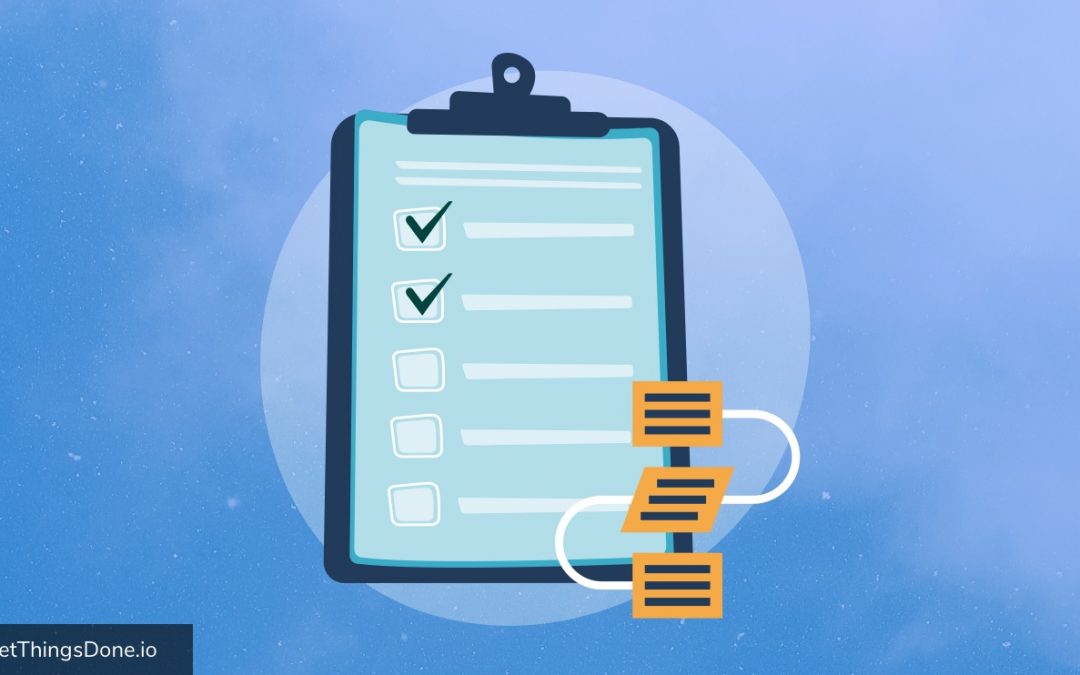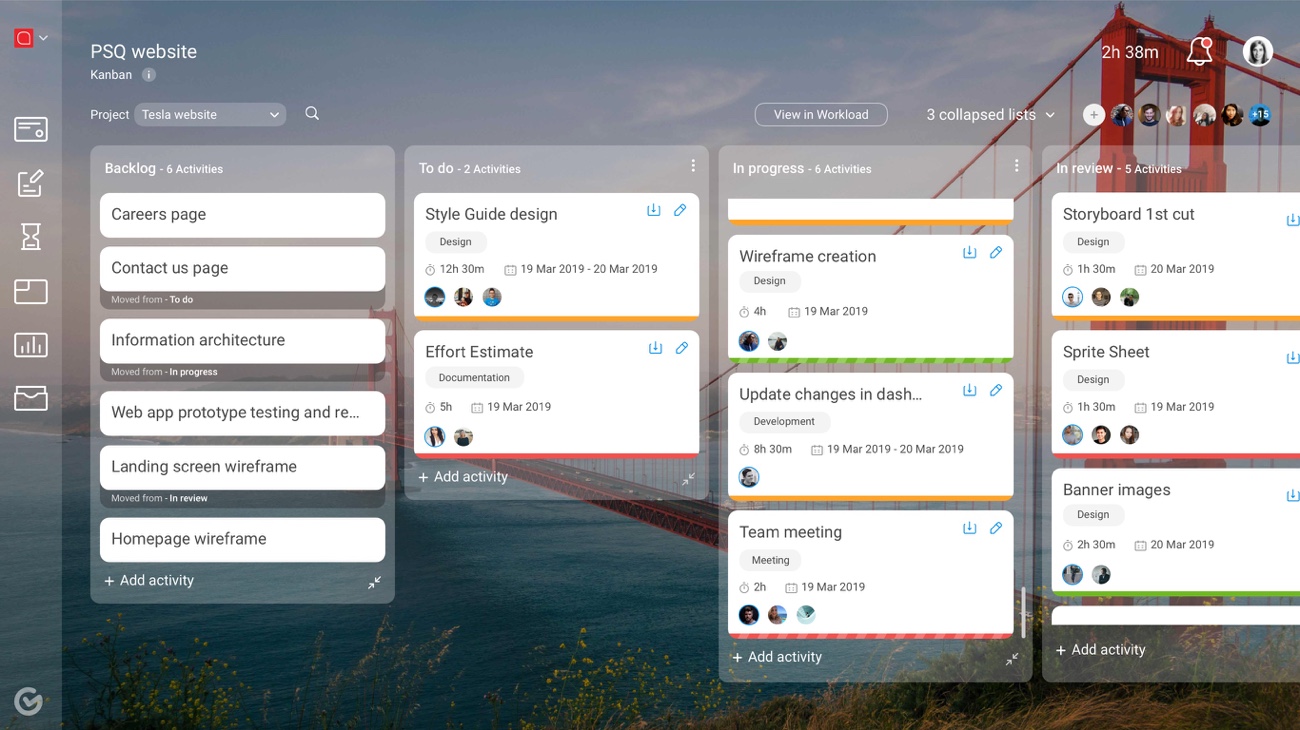Reading a book Vs. Project Management
When you choose a book to read, how do you start reading? Probably from the first page. Right? I recently read online that few start reading from the end first and then begin with the first page. I never understand the thought process behind this. For me, the book is the journey that revels plot at first, then characters, and at last the ending, which has the scope of discussion with peers.
Similarly, the project manager narrates the plot first, gets the characters into the picture, and delivers the project. While doing so, he keeps on reporting the status of the project. It’s the Project manager who considers the audience, user journey. The key is to understand and align the process and execute it well by framing and narrating it.
Humans are involved in the project, so there are chances of uncertainty and chaos at some point. Hence, the Project manager has to be alert and skilled enough in the art of successful execution.
Art of Successful Execution
The word ‘Execution’ explains carrying out of a plan, or course of action. The project manager is responsible for the execution, no matter what the result is.
What is the key to Successful Execution?
According to Harvard Business Review, there are four keys to successful strategy execution.
1. The team has a good idea of the decisions and actions for which they are responsible.
2. Important information about the competitive environment gets to headquarters quickly.
3. Once made, decisions are rarely second-guessed.
4. Information flows freely across organizational boundaries.
For effective project management, it’s essential to employ the art of successful execution.
Hacks for Successful Project Execution
1. Built the Plot:
Once the project is on, the project outline has to be defined. This outline may be the supporting documents on the objective of the project and the success criteria. The scope outline is a critical step that makes the entire team understands the PLOT of the project.
Now that the project outlines, i.e., the plot is ready, the team can help others to build a plan that is feasible to execute. It’s just like reading a book and making certain assumptions. Share these project-related documents with all stakeholders to avoid misinterpretation. Though, there would be some twists and turns in the journey.
To avoid these twists and turns, use the collaboration and sharing tool that will store your entire project related documents in one place.
2. Add the Characters:
While reading a book, you get to know the character, and it’s relation with others. The more you know about the team members more effectively, you will manage the project.
Selecting team members is a crucial part of managing projects. The team is defined for the specified duration and belongs to a different function, have different groups, and are assigned by the project manager to the same project.
3. Start with the Execution:
In project execution, maintaining the flow and communication within stakeholders is very important.
While reading a book, there always comes a twist somewhere in the middle. In the project, the twist might be time and money. To avoid such drama in projects uses the automation tool that will give you accurate reports on time spent on a particular activity.
4. Finally, the Closure:
As you reach closer to the end book, you get excited about achieving your book completion goal as well as feel fatigued if you might have compromised with your sleep.
You know you have done an excellent job by conducting stand-up meetings, ensuring everyone is on the same page and holding your team together. Though, when the project is about to close and is ready for delivery, you go through the same excitement and fatigue.
As you turn the last page of the book, there is satisfaction. For the project, you might have to ensure that everything works as per plan and is good to go.
When the project journey is managed, narrated, and communicated well, the PROJECT will be a SUCCESS.
Manage project with Get Things Done
Get Things Done helps you narrate, manage the plot, characters, and closes the project with measurable outcomes.
GetThingsDone.io emphasis on seamless communication across all stakeholders and offers a supporting hand to the story of the project manager to facilitate successful delivery.
With Get Things Done, you will:
• Keep the project scope creep under control
• Follow the critical path
• Hold a holistic and integrated vision
• Tailor to suit the project management environment
I would like to hear the hacks you follow for successful project execution.




